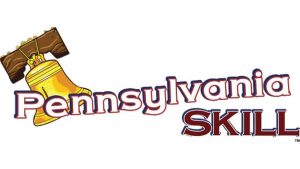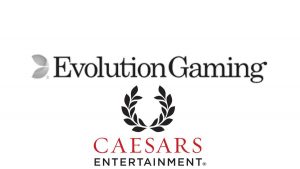Last Thursday, the Pennsylvania Gaming Control Board (PGCB) announced that it is accepting submissions from casino license holders who are interested in offering sports betting services to the state’s market. This marked the first move towards the Keystone State’s efforts to implement legal sports betting following the key U.S. Supreme Court ruling that abolished the Professional and Amateur Sports Protection Act (PASPA) thus paving the way for legalized nation-wide sports betting.
However, through last weekend, none of the state’s casino license holders have jumped in to file for the right to establish sportsbooks. The hesitation by the casino operators to apply for the licenses is not surprising, to say the least, especially considering the logistics involved as well as what the lawmakers are charging.
To begin with, the $10 million initial fee that the casinos are required to part with in order to get approval to offer sports betting is quite a hefty price. In addition to this, the state will be charging a gut-wrenching 36 percent tax rate on sports betting revenue which is by all means very high even for the larger operators. In fact, this tax rate, if implemented, will be the highest rate in any jurisdiction in the world.
“Pennsylvania is in a different bucket because of the tax rate. We can’t figure it out. Because of it, we haven’t spent the time or effort in Pennsylvania that we have in New Jersey. The tax rate is such a big challenge,” Joe Asher, CEO of William Hill, said. “If you’re paying $10 million up front for the privilege of paying 41 percent (PA’s 36 percent plus the federal government’s 6-percent rate) in … taxes, plus the infrastructure costs, it’s difficult for me to see how you make money in Pennsylvania.”
Naturally, it would be expected that necessary amendments are considered but, as it turns out, the laid-back attitude extends to the state lawmakers and regulators as well. PGCB spokesperson, Doug Harbach, pointed out the application process will be open for 120 days, a period within which are the starts of college football and NFL seasons. He believes that the period is long enough and some changes are bound to arrive soon. Also, the PGCB is open to comments from interested parties up until June 15 – this gives room for more liberation and considerations on this issue.
The lawmakers are also confident about the operators eventually coming round regardless of the rather high fees.
“I think they will all participate and would be shocked if they didn’t. In sports-crazy Pittsburgh and sports-crazy Philadelphia, you’re going to see it bring a lot more people into the casino, watching the big-screen TVs, and when they get those people in the door to bet they’ll also hopefully drop money at the tables or in the slots,” said Pennsylvania Rep. Robert Matzie. “No matter how the economy’s going, whether it’s in recession or booming, the one business that never goes out of business is the casino.”






